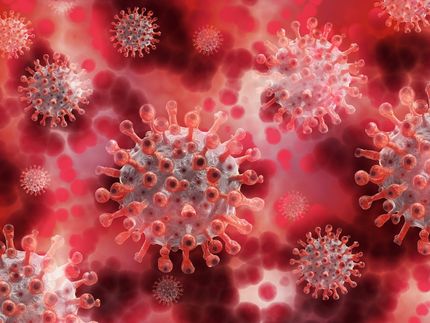Reata and Abbott Announce Positive Phase 2b Study Results for Bardoxolone Methyl
Results Suggest Bardoxolone Methyl May Reduce the Stage of Disease and Improve Measures of Kidney Function in Patients with Chronic Kidney Disease and Type 2 Diabetes
Reata Pharmaceuticals and Abbott announced data from a Phase 2b study which suggests that bardoxolone methyl, an investigational treatment for chronic kidney disease (CKD), may reduce the stage of CKD and improve estimated glomerular filtration rate (eGFR) and other measures of kidney function in the majority of patients receiving the drug. The data were presented at the American Society of nephrology (ASN) Renal Week Conference in Denver, Colorado.
The study evaluated patients with moderate (stage 3b) to severe (stage 4) CKD and type 2 diabetes. Approximately 60 percent of the patients receiving bardoxolone methyl experienced a reduction in the classification of the severity of their disease after 24 weeks of treatment. Only 17 percent of patients in the placebo group experienced such a reduction. Additionally, only four percent of patients in each bardoxolone methyl group experienced a worsening of CKD stage compared to 13 percent in the placebo group.
"Chronic kidney disease is a significant health problem in the U.S., as the standard of care slows but does not reverse progression of the disease," said Pablo Pergola, M.D., Ph.D., Research Director for Renal Associates PA and Clinical Associate Professor of Medicine at the University of Texas Health Science Center at San Antonio, who presented the data. "These encouraging results suggest that bardoxolone methyl has the potential to change the treatment landscape of chronic kidney disease and offer new hope for these patients and their families."
The multi-center, randomized, double-blind clinical trial enrolled 227 CKD patients with type 2 diabetes who were randomized to receive once-daily doses of placebo or 25, 75 or 150 mg doses of bardoxolone methyl. The primary endpoint of the study was change in estimated GFR following 24 weeks of treatment.
At week 24, patients treated with bardoxolone methyl experienced a mean increase in estimated GFR of over 10 mL/min/1.72m2, compared with no change in the placebo group. Approximately three-quarters of bardoxolone methyl-treated patients experienced an improvement in eGFR of 10 percent or more, including one-quarter who saw an improvement of 50 percent or more compared to less than two percent of patients on placebo. (p<0.001).
The frequency of adverse events was higher in the bardoxolone methyl group compared to the placebo group, with most events mild to moderate in severity. The most frequently reported adverse event in the bardoxolone methyl group was muscle spasm.
Most read news
Organizations
Other news from the department research and development

Get the life science industry in your inbox
By submitting this form you agree that LUMITOS AG will send you the newsletter(s) selected above by email. Your data will not be passed on to third parties. Your data will be stored and processed in accordance with our data protection regulations. LUMITOS may contact you by email for the purpose of advertising or market and opinion surveys. You can revoke your consent at any time without giving reasons to LUMITOS AG, Ernst-Augustin-Str. 2, 12489 Berlin, Germany or by e-mail at revoke@lumitos.com with effect for the future. In addition, each email contains a link to unsubscribe from the corresponding newsletter.























































